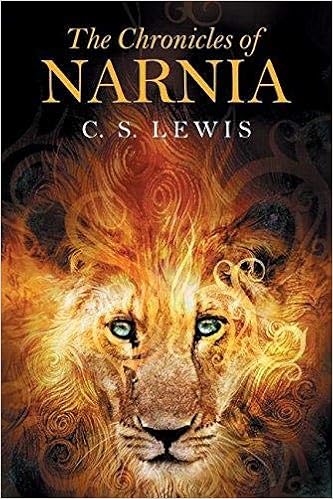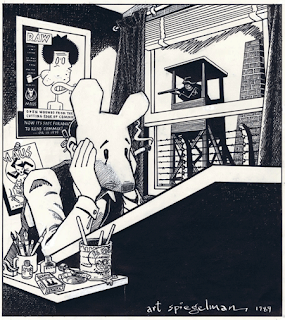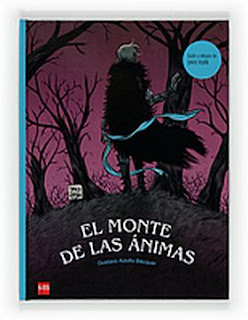C. S. LEWIS: IN MEMORIAM
C. S. Lewis’ works have been a significant influence for both adult and children’s literature in the post-World War II era, being cited as an inspiration by Philip Pullman, author of His Dark Materials, or even J. K. Rowling, creator of the Harry Potter saga. Another curios fact is that Lewis held a close life-long friendship with J. R. R. Tolkien, who gained international fame thanks to The Lord of the Rings trilogy. Furthermore, owed to his contributions as a lay theologian and apologist, Lewis’ books display many Christian themes.
While we
usually picture juvenile literature authors as having a quiet life, C. S. Lewis
survived the trench warfare at the front line in the Somme during the First
World War and, after the outbreak of WWII, took child evacuees from London and elsewhere
into his own home and fulfilling many other tasks. As we can see, beneath the
surface of his tales, we can feel the pulse of the gruesome conflicts he lived.
 O escritor
británico Clive Staples Lewis naceu no día de hoxe hai 121 anos, o 29 de
novembro de 1898. De neno, somerxeuse nas grandes obras da literatura infantil
da época, como The Tale of Peter Rabbit de Beatrix Potter, e mantivo unha gran
fascinación polas mitoloxías nórdica, grega e irlandesa. Todos estes aspectos influíron
no que sería o seu traballo más coñecido, The Chronicles of Narnia, un conxunto
de sete novelas publicadas entre 1950 e 1956. Esta serie de libros ambiéntase
no mundo ficticio de Narnia, un mundo repleto de maxia, bestas míticas e
animais dotados de fala. Os protagonistas son nenos reais que entran por arte
de maxia en Narnia, en ocasións chamados polo gran león Aslan para protexer o
seu mundo das forzas malignas.
O escritor
británico Clive Staples Lewis naceu no día de hoxe hai 121 anos, o 29 de
novembro de 1898. De neno, somerxeuse nas grandes obras da literatura infantil
da época, como The Tale of Peter Rabbit de Beatrix Potter, e mantivo unha gran
fascinación polas mitoloxías nórdica, grega e irlandesa. Todos estes aspectos influíron
no que sería o seu traballo más coñecido, The Chronicles of Narnia, un conxunto
de sete novelas publicadas entre 1950 e 1956. Esta serie de libros ambiéntase
no mundo ficticio de Narnia, un mundo repleto de maxia, bestas míticas e
animais dotados de fala. Os protagonistas son nenos reais que entran por arte
de maxia en Narnia, en ocasións chamados polo gran león Aslan para protexer o
seu mundo das forzas malignas.
As obras de C. S.
Lewis tiveron unha importante influencia na literatura infantil e adulta na
época posterior á Segunda Guerra Mundial e resultou ser de inspiración para,
entre outros, Philip Pullman, autor de His Dark Materials, ou incluso J. K.
Rowling, a creadora da saga de Harry Potter. Outra curiosidade é que Lewis
mantivo unha estreita amizade ao longo de toda a súa vida con J. R. R. Tolkien,
quen gañou fama internacional gracias á triloxía que compoñen as novelas de The
Lord of the Rings. Lewis tamén foi un teólogo laico e apoloxista, como podemos
comprobar nos numerosos motivos cristiáns na súa obra.
Se ben adoitamos
imaxinarnos aos autores e autoras de literatura infantil e xuvenil como persoas
que gozaron dunha vida tranquila, C. S. Lewis sobreviviu á guerra de
trincheiras en primeira liña no Somme durante a Gran Guerra e, despois do
comezo da Segunda Guerra Mundial, acolleu a cativos evacuados polos bombardeos
en Londres e outras cidades ba súa propia casa, entre moitas outras tarefas
durante a contenda. Como podemos ver, baixo a superficie das súas historias, podemos
notar o latexo dos terríbeis conflitos que viviu.








Comentarios
Publicar un comentario